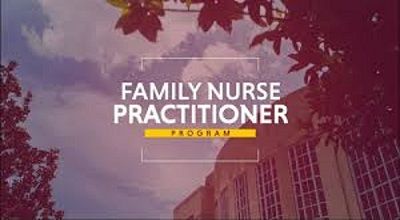How to Become a Principal
Becoming a school principal is a career path that requires a combination of education, experience, and certain personal qualities. Here is a general guideline for becoming a principal:
- Education: Typically, you need at least a Master’s degree in Education Administration or Leadership. Some principals have degrees in related fields such as Curriculum and Instruction or Education Policy.
- Teaching Experience: Most principals start as teachers. Having several years of teaching experience is often a prerequisite because it provides firsthand knowledge of classroom management, student needs, and school operations.
- Certification and Licensing: Requirements vary by state or country, but usually, you need a school administrator’s license. This often involves passing an exam and completing a certain number of hours in educational leadership roles.
- Leadership Experience: Experience in leadership roles, even outside of a traditional classroom, can be beneficial. This might include roles like department head, assistant principal, or leading a committee or special program at a school.
- Continuing Education and Professional Development: Staying informed about the latest educational trends, policies, and technologies is important. This can be achieved through workshops, seminars, and continuing education courses.
More here…
- Networking and Mentorship: Building relationships with other educators and administrators can provide valuable insights and opportunities. Finding a mentor who is already a principal can offer guidance and advice.
- Understanding of School Administration: Knowledge of budgeting, school law, curriculum development, and human resources is crucial. This often comes from both formal education and practical experience.
- Soft Skills: Strong communication, problem-solving, and decision-making skills are essential. A principal also needs to be empathetic, adaptable, and able to manage stress effectively.
- Apply for Principal Positions: Once you’ve gained the necessary experience and qualifications, you can start applying for principal positions. This process often involves several rounds of interviews and may require you to present your vision for the school.
- Continuous Learning and Adaptation: Once you become a principal, it’s important to continue learning and adapting to new challenges, as the educational landscape is always evolving.
Summary
In summary, the specific requirements can vary significantly depending on the region and the type of school (public, private, charter, etc.). It’s a good idea to check the specific requirements in your area or where you intend to work.





